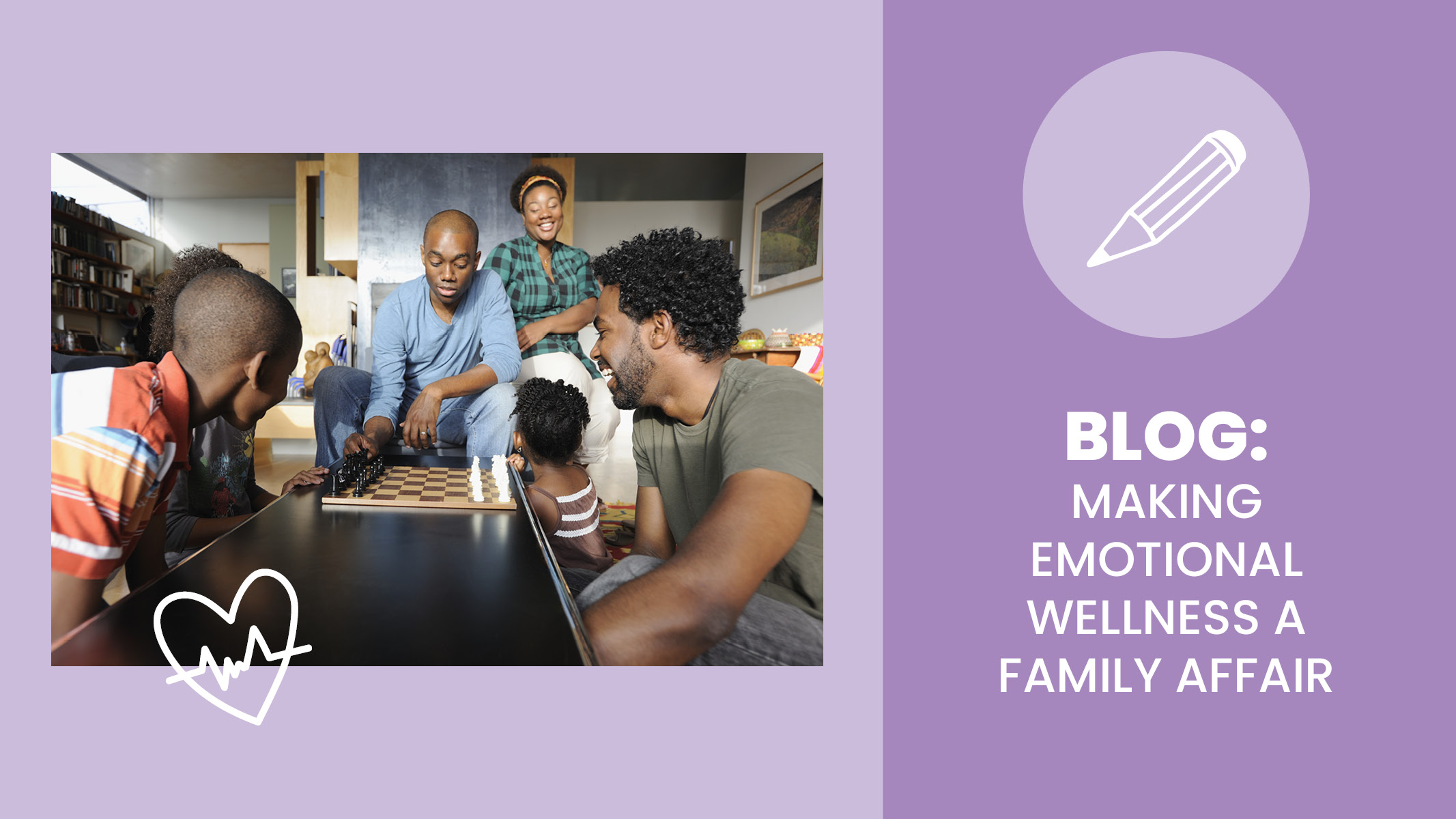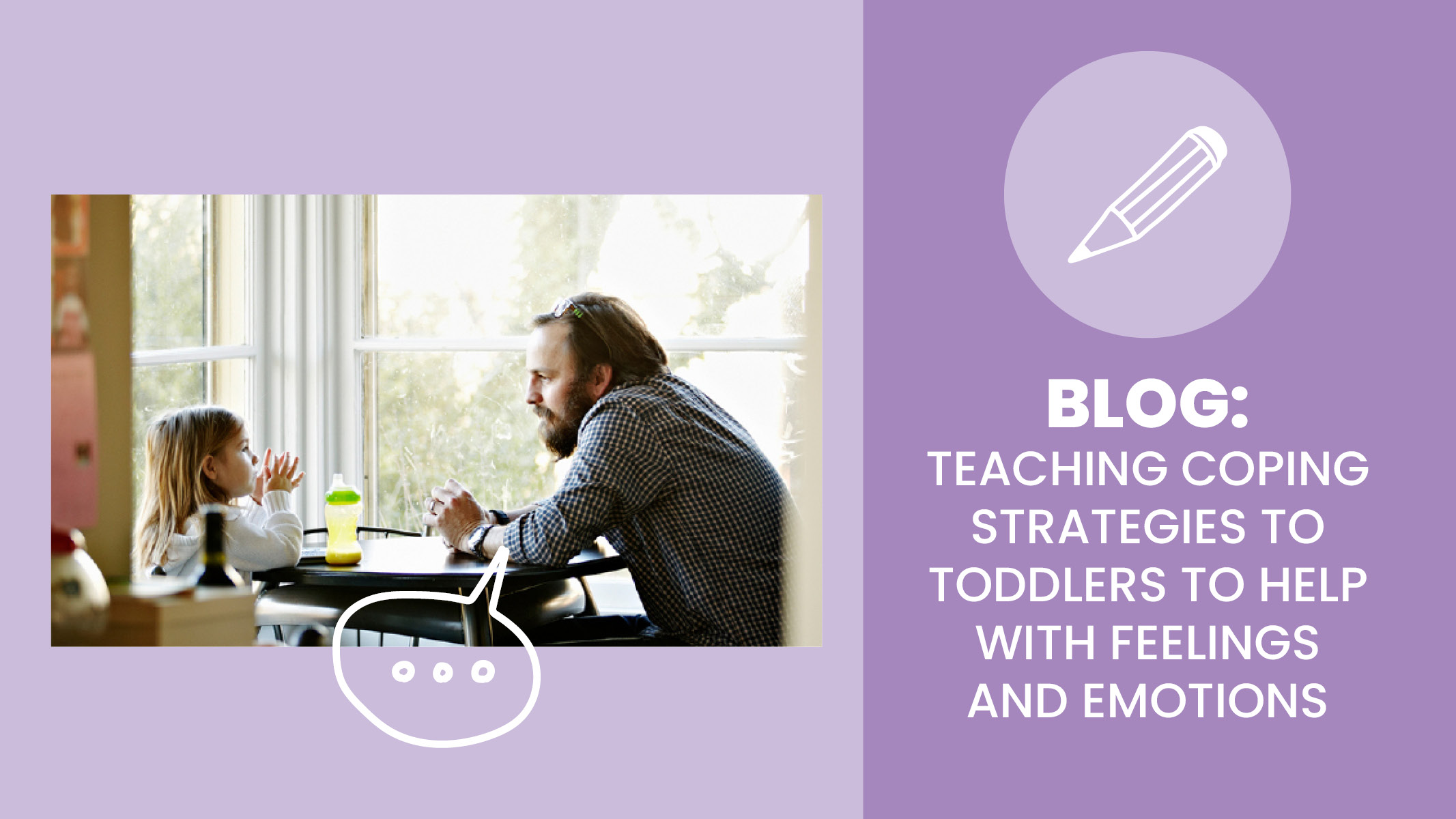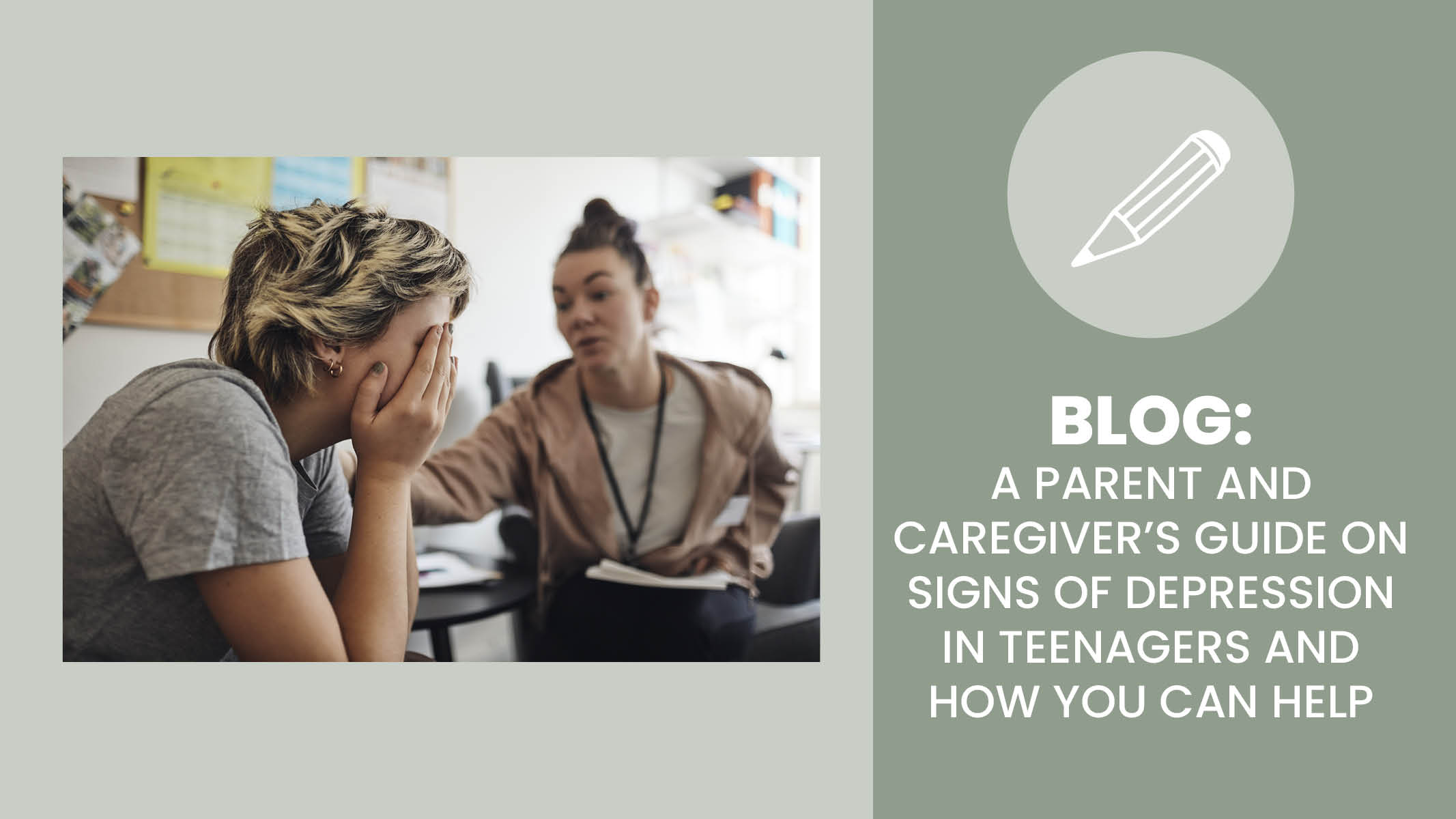For a family unit, life can be stressful. With so many daily pressures, it can be hard to create a low-stress environment and navigate feelings and emotions in a healthy way. But taking time to prioritize your family’s emotional wellness can help kids learn healthy, effective ways to cope with life’s everyday stress.
First, it’s important to know what emotional wellness means. According to the National Institutes of Health, emotional wellness is our ability to successfully handle life’s stresses and adapt to changes and difficult times. Our emotional wellness and how we feel impact relationships, the ability to perform daily activities, and overall mental health, and the same is true for kids.
So how can you regularly foster and prioritize emotional wellness in your family? Here are five ideas to get you started:
- Practice mindfulness: Mindfulness involves purposefully paying attention to your breathing, feelings, senses, or actions in the present moment which can boost your ability to regulate emotions, manage stress, and self-motivate. For tips on practicing mindfulness at home, click here.
- Identify healthy coping strategies: When stress or big feelings arise, it’s important for kids to know how they can positively cope. Check out these articles to learn how to teach coping strategies to toddlers as well as kids and teens.
- Take time to connect: Consistent, open, and honest conversations aid in kids’ growth and development and are critical to building and strengthening relationships between kids and their caregivers. When kids view you as a “safe space,” they’re more likely to reach out to you when they are in need. For tips on creating meaningful connections with your kids, click here.
- Cultivate healthy habits: It’s important not to underestimate the importance of taking care of ourselves with healthy habits. Taking time to move our bodies, fueling ourselves with nourishing food, and recharging our bodies and brains with enough quality sleep can all aid in emotional wellness. Read about these healthy habits to teach your kids here.
- Evaluate your family schedules: If you and your family feel as if you’re constantly rushing from one activity to the next or always frazzled, it might be time to simplify your routine. Create regular family routines and plan time to rest, eat, and play as a family. Over time, routines can help the entire family feel more relaxed and less stressed.
No matter how much you prioritize emotional wellness in your family, big and sometimes challenging feelings can arise. But when they do, it’s important to remember that emotions are not good or bad, and it’s normal to experience a wide range of emotions throughout the day. By prioritizing emotional wellness and creating a safe space for your kids to feel their emotions, you are supporting their emotional development and overall well-being.
Ready for More? You Might Also Like:
Chit Chat Cards: Cards Created for Connection
Coping with Childhood Stress
Cheat Sheet for Caregivers: Coping with BIG Feelings and Anxiety


